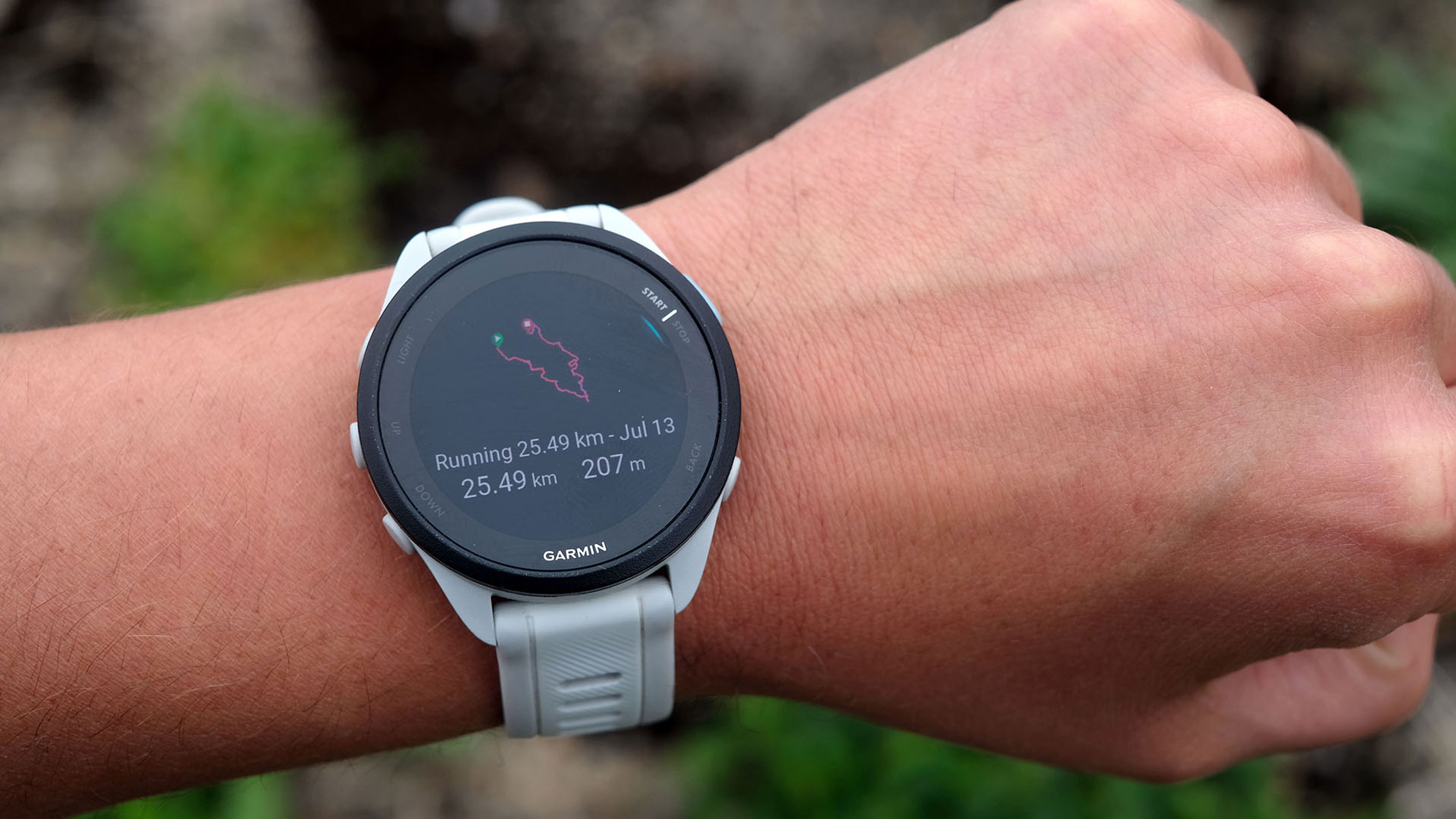Does Moderate Drinking Lower Your Risk of Diabetes?

Is alcohol good or bad for your health? With no shortage of contradictory findings, it's understandable if you're left feeling like you've had a little too much to drink.
Now, new research from Denmark suggests that moderate levels of alcohol drinking — not binge drinking — may be linked to a lower risk of developing diabetes. But it's not just how much people drink, but how often they drink, that plays a role, the researchers said.
It's important to note, however, that most experts recommend that if you don't already drink alcohol, you shouldn't start because of possible health benefits.
In the study, published today (July 27) in the journal Diabetologia, researchers found that drinking alcohol three to four days a week was associated with a lower risk of diabetes compared with drinking less than one day a week. [7 Ways Alcohol Affects Your Health]
The "findings suggest that alcohol drinking frequency is associated with risk of diabetes, and that consumption of alcohol over three to four days per week is associated with the lowest risk of diabetes, even after taking average weekly alcohol consumption into account," the researchers, led by Charlotte Holst, a doctoral student of public health at the University of Southern Denmark, wrote.
Danish data
In the study, the researchers looked at data on more than 76,000 adults who participated in the Danish Health Examination Survey in 2007 to 2008. The people in the study filled out questionnaires about their drinking habits, including how much and how often they drank alcohol, and what type of alcohol they drank. Using information from the Danish National Diabetes Register, the researchers determined if the people in the study developed diabetes.
The researchers noted that they weren't able to distinguish between type 1 diabetes and type 2 diabetes using the available data. However, it's more common to develop type 2 diabetes as an adult than type 1 diabetes, which usually develops during childhood.
Get the world’s most fascinating discoveries delivered straight to your inbox.
The people in the study were tracked for a median of 4.9 years, the researchers wrote. Over this time period, about 850 men and 890 women developed diabetes.
What and when you drink
In men, drinking alcohol three to four days per week was associated with a 27 percent lower risk of diabetes compared with drinking less than one day per week, the researchers found. For women, the same frequency was associated with a 32 percent lower risk.
The researchers also looked at the amount of alcohol consumed. Their findings were similar to those of earlier studies, which have shown that drinking a moderate amount of alcohol is associated with the lowest risk of diabetes. Specifically, the study found that for men, drinking 14 drinks per week was associated with a 41 percent lower risk of diabetes compared with no drinks, and for women, drinking nine drinks per week was associated with a 58 percent lower risk of diabetes.
When the researchers looked at alcohol type, they found that different alcohol types were associated with different levels of risk. For example, drinking seven or more glasses of wine per week was associated with a 25 to 30 percent lower risk of diabetes compared with drinking less than one glass of wine per week.
There were also differences between men and women: For beer, for example, drinking between one and six brews was associated with a 21 percent lower risk of diabetes in men compared with drinking less than one beer a week, and there was no link found between beer consumption and diabetes risk in women. Drinking seven or more drinks made with liquor per week, on the other hand, was associated with an 83 percent increased risk of diabetes in women compared with one liquor-based drink per week. [Here's How Much Alcohol Is OK to Drink in 19 Countries]
The study only looked at the association between drinking alcohol and risk of diabetes — it didn't prove cause and effect. However, the researchers hypothesize that wine's beneficial effects may stem from compounds called polyphenols, which may help the body control blood sugar levels and, in turn, lower a person's risk of diabetes, according to the study.
The researchers noted that they didn't find an association between binge drinking (defined in the study as drinking five or more drinks at a time) and diabetes risk, but this may be because there weren't enough binge drinkers in the study to observe a link. In other words, it's possible that binge drinking is linked to diabetes risk, but more research is needed.
One limitation of the study was that the people self-reported their alcohol consumption, which means that it could be inaccurate, the researchers wrote.
Originally published on Live Science.

 Live Science Plus
Live Science Plus






